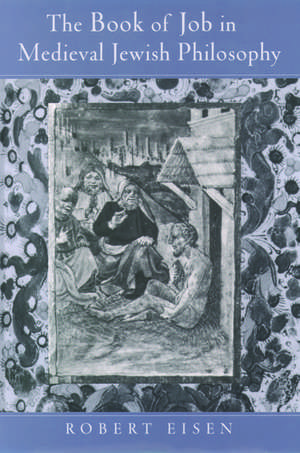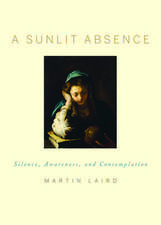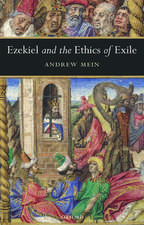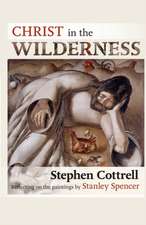The Book of Job in Medieval Jewish Philosophy
Autor Robert Eisenen Limba Engleză Hardback – 30 sep 2004
Preț: 600.31 lei
Preț vechi: 859.67 lei
-30% Nou
Puncte Express: 900
Preț estimativ în valută:
114.87€ • 120.48$ • 95.63£
114.87€ • 120.48$ • 95.63£
Carte tipărită la comandă
Livrare economică 21-27 martie
Preluare comenzi: 021 569.72.76
Specificații
ISBN-13: 9780195171532
ISBN-10: 0195171535
Pagini: 336
Dimensiuni: 244 x 157 x 25 mm
Greutate: 0.63 kg
Editura: Oxford University Press
Colecția OUP USA
Locul publicării:New York, United States
ISBN-10: 0195171535
Pagini: 336
Dimensiuni: 244 x 157 x 25 mm
Greutate: 0.63 kg
Editura: Oxford University Press
Colecția OUP USA
Locul publicării:New York, United States
Recenzii
The Book of Job is a classic in Western literature, developing all the themes that perenially trouble us: providence, the origin of evil, the justice of God, and human suffering. There is no book comparable to Robert Eisen's The Book of Job in Medieval Jewish Philosophy, which seems strange since the Book of Job was so important to the thinking of medieval Jewish philosophy on precisely these questions. Analyzing the thought of six thinkers from Saadiah Gaon to Simon ben Zemah Duran, Eisen carefully examines their commentaries and thinking on Job. He does a masterful job of bringing these important texts to light. This is an important book for anyone interested in medieval philosophy, the history of exegesis, and the major issues of suffering, God, and justice.








